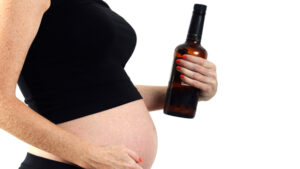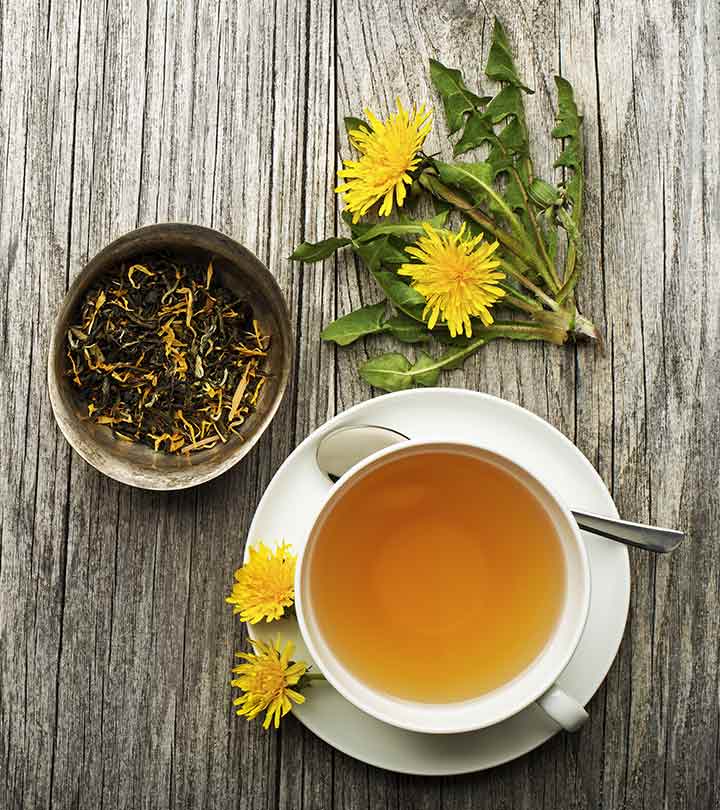The Critical Link Between Alcohol and Pregnancy
Introduction: In this article on alcohol and pregnancy, remember that pregnancy is a time of joy, anticipation, and the utmost care for the well-being of both the mother and the developing baby.
One topic that requires careful consideration is the consumption of alcohol during pregnancy. In this informative guide, we will explore the potential risks and consequences associated with alcohol use during pregnancy.
By understanding the critical link between alcohol and pregnancy, expectant mothers can make informed decisions to safeguard the health and future of their little miracles.
The Importance of a Healthy Pregnancy
A healthy pregnancy sets the foundation for a healthy baby. We will discuss the significance of prenatal care, proper nutrition, and lifestyle choices in promoting optimal fetal development. Understanding the impact of alcohol on the developing baby is crucial to ensure a safe and healthy journey.
Alcohol and Pregnancy: Understanding the Risks
In this section, we will delve into the potential risks associated with alcohol consumption during pregnancy. We will explore how alcohol crosses the placenta, the impact on fetal development, and the increased risk of complications such as fetal alcohol spectrum disorders (FASDs).
It is essential to grasp the potential lifelong consequences that alcohol can have on the unborn child.
Fetal Alcohol Spectrum Disorders (FASDs)
Fetal Alcohol Spectrum Disorders encompass a range of physical, behavioral, and cognitive disabilities that can result from prenatal alcohol exposure. We will explore the different types of FASDs, their symptoms and characteristics, and the long-term implications they may have on the child’s quality of life.
Understanding the potential impact of alcohol on the developing brain and body can serve as a powerful motivator to avoid alcohol during pregnancy.
Alcohol Use and Pregnancy: Debunking Common Myths
There are various misconceptions and myths surrounding alcohol use during pregnancy. We will debunk these myths and provide evidence-based information to clarify any confusion. It is crucial to rely on accurate and reliable sources when making decisions about alcohol consumption during pregnancy.
Navigating Social Situations and Support
Being pregnant does not mean isolating oneself from social gatherings and events. We will discuss strategies for navigating social situations while abstaining from alcohol.
Additionally, we will explore the importance of seeking support from loved ones, healthcare providers, and support groups to ensure a healthy and supportive environment throughout the pregnancy journey.
Alternatives to Alcohol
Embracing a Healthy Lifestyle
Pregnancy is an opportune time to embrace a healthy lifestyle that prioritizes the well-being of both the mother and the baby. We will provide practical tips and alternatives to alcohol that can help expectant mothers cope with stress, celebrate milestones, and enjoy social occasions.
Embracing a healthy lifestyle not only protects the baby but also contributes to the overall well-being of the mother.
Supporting Expectant Mothers (Healthcare Providers and Resources)
Healthcare providers play a pivotal role in educating and supporting expectant mothers throughout their pregnancy journey.
We will discuss the importance of open communication with healthcare professionals, regular prenatal visits, and accessing reputable resources for accurate and up-to-date information. Empowering expectant mothers with knowledge and guidance ensures they can make informed choices for the well-being of their baby.
Alcohol and pregnancy are a combination that should never mix. The potential risks and consequences associated with alcohol use during pregnancy are significant and can have lifelong effects on the developing baby.
Let’s explore some key insights on alcohol and pregnancy to highlight the critical importance of abstaining from alcohol during this crucial time.
The Placenta Barrier: When a pregnant woman consumes alcohol, it easily crosses the placenta and enters the bloodstream of the developing baby. Unlike adults, babies do not have a fully developed liver to process alcohol, making them more susceptible to its harmful effects.
Fetal Alcohol Spectrum Disorders (FASDs): FASDs are a group of conditions that occur in babies exposed to alcohol during pregnancy. These disorders can cause physical, behavioral, and cognitive impairments that can affect the child’s growth, development, and overall quality of life.
FASDs may include a range of symptoms such as facial abnormalities, learning disabilities, developmental delays, and behavioral problems.
Timing Matters: There is no safe time during pregnancy to consume alcohol. The risk of harm exists at any stage, as the baby’s organs and systems are developing throughout the entire pregnancy. Therefore, it is crucial to abstain from alcohol from conception to birth.
No Safe Amount: Contrary to popular belief, there is no established safe level of alcohol consumption during pregnancy. Even small amounts of alcohol can pose risks to the baby’s health and development. It’s best to adopt a zero-tolerance policy and avoid alcohol entirely.

Long-Term Effects: The effects of prenatal alcohol exposure can extend well beyond infancy and childhood. Children with FASDs may experience learning difficulties, attention and memory problems, social and behavioral challenges, and difficulties with impulse control.
These effects can impact the child’s educational attainment, employment prospects, and overall well-being throughout their life.
Support and Understanding: Pregnant women need support and understanding from their healthcare providers, family, and friends to make informed decisions about alcohol consumption.
Healthcare professionals play a crucial role in educating expectant mothers about the risks and providing support to help them maintain a healthy and alcohol-free pregnancy.
Alternatives and Coping Strategies: It’s important to find alternatives to alcohol during pregnancy to manage stress, celebrate milestones, and enjoy social occasions. Engaging in activities such as exercise, meditation, spending time with loved ones, and exploring non-alcoholic beverage options can provide healthy ways to cope and enjoy pregnancy.
Prevention is Key: The best approach to protecting the baby from the potential harm of alcohol is prevention. By making the conscious decision to abstain from alcohol during pregnancy, you are safeguarding your baby’s health, development, and future well-being.
In conclusion, alcohol and pregnancy do not mix. The risks and potential consequences associated with alcohol use during pregnancy are too significant to ignore.
It is essential to prioritize the health and well-being of the developing baby by abstaining from alcohol entirely. By raising awareness, providing support, and promoting a zero-tolerance approach, we can ensure healthier pregnancies and brighter futures for our little ones.
The connection between the two is a delicate one, and the stakes are high when it comes to protecting the health and future of your little one. By understanding the risks, debunking myths, embracing alternatives, and seeking support, expectant mothers can make informed decisions to avoid alcohol during pregnancy.
Remember, your choices have the power to shape the life of your precious baby. Embrace the joy and responsibility of pregnancy, and let the love you have for your unborn child guide you in making the best decisions for their well-being.
The critical link between alcohol and pregnancy cannot be overlooked, and by prioritizing the health and safety of your little miracle, you are setting the stage for a bright and promising future.
Please note that discussing the risks and potential consequences of alcohol use during pregnancy is of utmost importance.
It is crucial to provide accurate and evidence-based information to support the well-being of both the mother and the developing baby.

A graduate of Computer Science and Information Management Technology. Diploma – Caregiving, Certificates – Dementia and Diabetes Awareness and Management. A researcher, blogger, songwriter, singer and acoustic guitarist. Born in an environment where natural talents such as healing are imparted at our natural birth. This natural talents of healing is the result of our genetic inheritance and the training from family environment.














